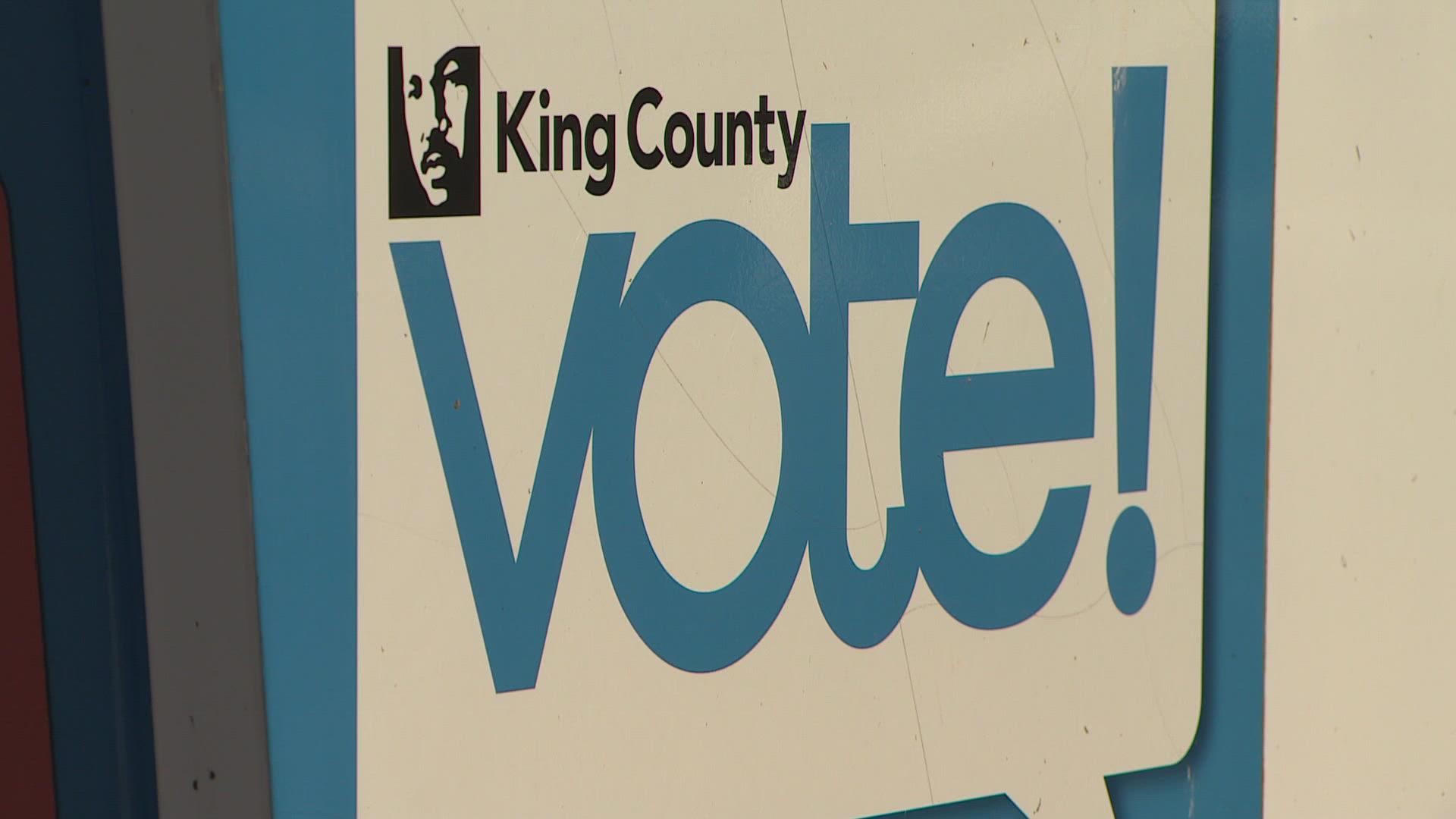OLYMPIA, Wash. — Initiative 2117, which would repeal the Climate Commitment Act, is projected to fail.
Counties typically release additional results once daily following the election.
Gov. Jay Inslee said Wednesday afternoon the results of I-2117 were a huge win for Washington state.
“Over the next four years the nation will going to be looking for advances in these value systems, particularly in climate change," Inslee said Wednesday. "It can now look at Washington and have the message from this time and place that it's a winning message to stand against climate change. This is a message that will spread throughout the United States. That’s why it’s so important that we don’t lose this initiative, otherwise it could’ve dampened enthusiasm for climate change action.
This win is doubly important now that the White House is in control by a person who denies the existence of climate change, calls it a hoax and says that wind turbines causes cancer. The message from Washington now to all the other states that we can work together with is a very strong one: We can win on climate change.”
Initiative 2117 would have repealed the Climate Commitment Act, which requires the largest polluters to pay into a fund to compensate for carbon emissions.
The Climate Commitment Act includes the carbon market program, requiring the largest polluters to pay into a fund to compensate for carbon emissions. Since 2023, revenue from the program has exceeded $2 billion to benefit environmental programs.
“I could not be more proud with what Washingtonians did last night," Inslee said. "They rejected the siren song of millionaires who attempted to subvert our basic values and they did so with a real thumping. This was an avalanche. This was a tectonic plate movement. This was a tidal wave of votes against these initiatives.”
Supporters of the initiative blamed the Climate Commitment Act for higher gas prices and alleged the money from the program is not being spent wisely.
Opponents of I-2117 believed that repealing the climate act would harm the state, resulting in more pollution and a cut in funding for environmental and transportation programs.

